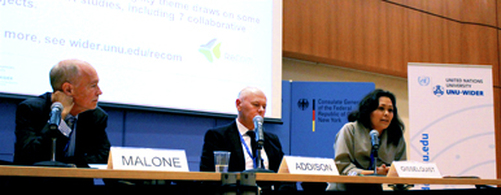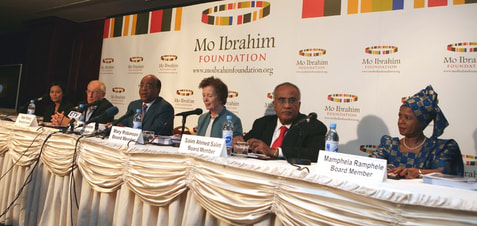Impact
Much of my work speaks to topics of relevance to development policy and public debate. Some examples and links:
|
|
|
Has Democracy Failed African Economies?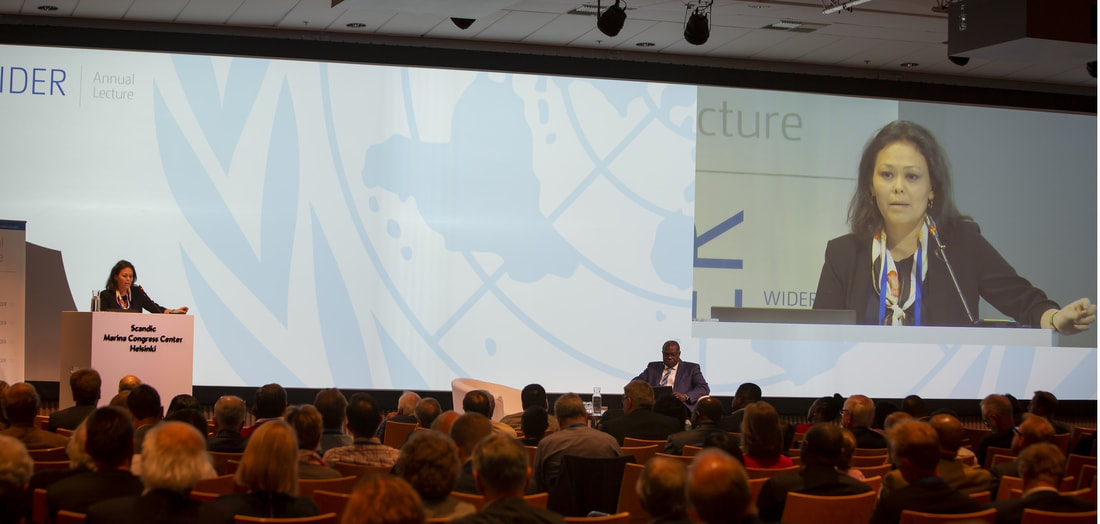 Commenting on the 22nd WIDER Annual Lecture - Professor Ernest Aryeetey at center. Helsinki,
1 September 2018. Commenting on the 22nd WIDER Annual Lecture - Professor Ernest Aryeetey at center. Helsinki,
1 September 2018.
I had the honor of serving as discussant to Professor Ernest Aryeetey's 2018 WIDER Annual Lecture on the political economy of structural transformation in Africa. Over the past six decades, Professor Aryeetey points out, African countries have adopted various political and economic reforms, moving towards an embrace of democracy and liberal economic systems. Yet growing dissatisfaction with the results of such reforms has undermined confidence in both. "Does democracy lead to the right economic choices in Africa?" he asks. "Why can’t governments devote more resources to structural reforms? What incentives do governments have for pursuing structural reform over electoral cycles?" Watch the lecture, including my comments, here.
Sustainable Development Goals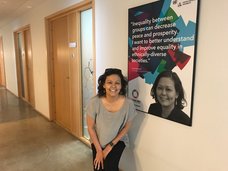
Adopted by the UN General Assembly in 2015, the Sustainable Development Goals (SDGs) offer "a plan of action for people, planet and prosperity." Check out the United Nations University's SDG Explorer, where I am a featured expert on SDG 10 -- reduced inequalities. Why We Need to Rethink the Diversity Debate @ TEDxOtaniemi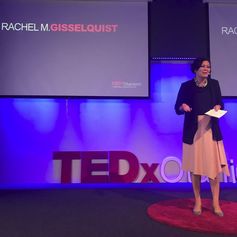 TEDxOtaniemi, Finland, 18 August 2017 TEDxOtaniemi, Finland, 18 August 2017
Recent elections in the United States and other Western countries have been a wake-up call for many of us. In this talk, I reflect on the increasingly polarized public debate over diversity, multiculturalism, and immigration. I propose three insights that recent research offers towards rethinking this debate. A new type of talk for me. Watch it here. Research & Communication on Foreign Aid (ReCom)As a researcher at UNU-WIDER, I participated in the institute's 2010-2013 research program, ReCom, which was supported by the Ministry of Foreign Affairs of Denmark (Danida) and the Swedish International Development Cooperation Agency (Sida). ReCom combined a focus on research about what works and can be achieved through development assistance with communication and outreach activities designed to engage with practitioners and others beyond the research community. It was organized around five core thematic areas. Further information is available here.
I served as a focal point for the work on Aid, Governance, and Fragility, and theme leader for the book-length report, Position Paper: Aid, Governance, and Fragility, published in March 2014. This was the capstone report for the Governance and Fragility theme of ReCom. It drew on over a hundred background papers commissioned under this and related themes and feedback provided through two international results meetings. |
Measuring African GovernanceDuring 2007-2009, with support from the Mo Ibrahim Foundation and in collaboration with dozens of advisors and affiliated researchers across Africa and elsewhere, Robert I. Rotberg and I developed and authored the first two Ibrahim Indexes of African Governance. Since its first edition in 2007, the Ibrahim Index has become a standard reference on governance. Our reports (available here) summarize what went into our initial development of the Ibrahim Index. Subsequent editions have been produced by the Mo Ibrahim Foundation in London.
Starting with the first edition of the Ibrahim Index, I have been pleased to see our work being used by both practitioners and researchers and sparking discussion and debate. Our work received press coverage in the Economist (here and here), International Herald Tribune, New York Times, African Business, and Mail & Guardian, among others. Here are some early short pieces - from Freedom House, Oxford Analytica, UNDP Sierra Leone, and UNDP Zambia. Examples of longer articles, reports, and databases that use or discuss our editions of the Index include:
|
